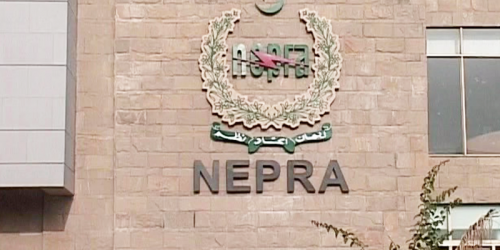The National Electric Power Regulatory Authority (Nepra) has asked the government to end taxes on electricity and take steps to minimise high losses, low recoveries and centralised control of power companies to improve governance.
In its State of Industry Report 2021-22 submitted to the Council of Common Interests (CCI) and the government on Friday, the power sector regulator pointed out a series of deficiencies in management, financial, technical and governance across the generation, transmission and distribution systems of power sector including K-Electric and said violation of merit orders, misuse of expensive fuel led to circular debt pile up of Rs2.257 trillion as of June 30, 2022 despite massive tariff increases.
It also lamented that power sector performance particularly in distribution and generation segments continued to deteriorate during FY2021-22 ending June 30, 2022 and its various advisories for improvement were not given consideration.
During the FY 2021-22, the allowed T&D losses for the Discos were 13.41pc whereas actual losses were 17.13pc. Due to the difference of 3.72pc, the financial loss on this account has been worked out around Rs113bn.
In addition, Nepra determines the revenue requirement on 100pc receivables but the collections during the year could not cross 90.5pc, thus incurring the loss of Rs230bn of the billed amounts. “The overall impact on account of additional T&D losses and less recovery works out as Rs343bn. This whole contributes to the accumulation of circular debt”, the regulator said.
It said the performance of the Discos was the major concern as highlighted in the previous reports, which are affected due to higher T&D losses and less recovery affecting the cash flow with the CPPA-G for onward payments to the transmission and generation companies. The higher T&D losses are much of the concern keeping in view the higher average fuel cost.
The regulator said it received multiple complaints regarding forced loadshedding, which was contradictory to the schedule loadshedding indicated by the Discos.
In addition, the fatal incidents have been enhanced, which raise the question mark on the safety SOPs adopted by the Discos.
The Nepra said centralised control of Discos was one of the main reasons for their inability to grow as commercially viable entities and their inability to take their financial and commercial decisions independently. Although Discos have been incorporated as companies to be managed by their respective Board of Directors, there appear to be difficulties in independent decisions making especially in financial matters.
Privatisation, outsourcing
To turn around the situation, the regulator advised the government to undertake emergent actions including improving the performance of the public sector Discos by privatization or outsourcing their operations and maintenance in public-private participation.







